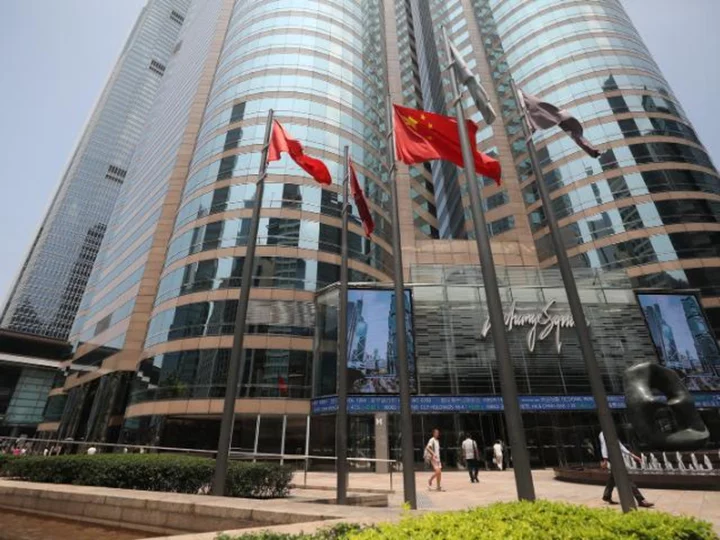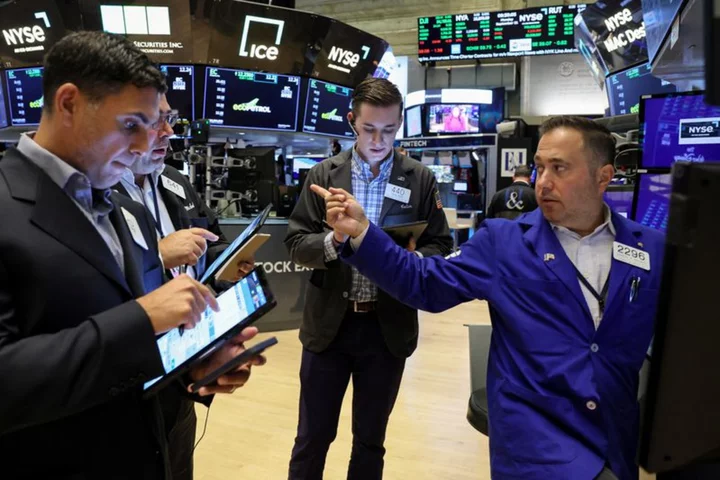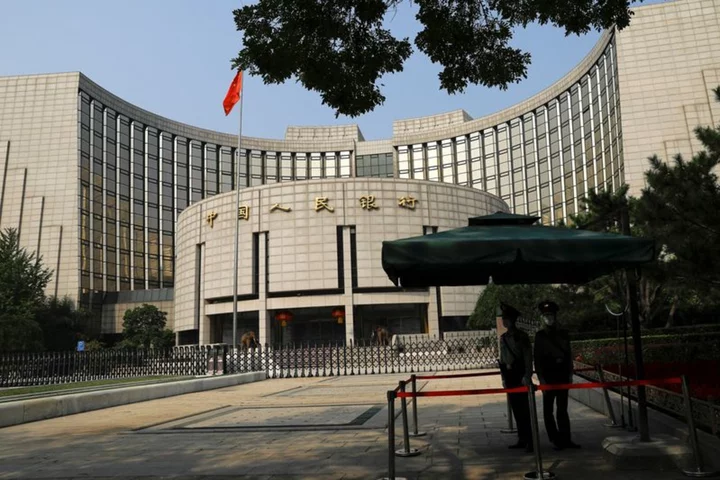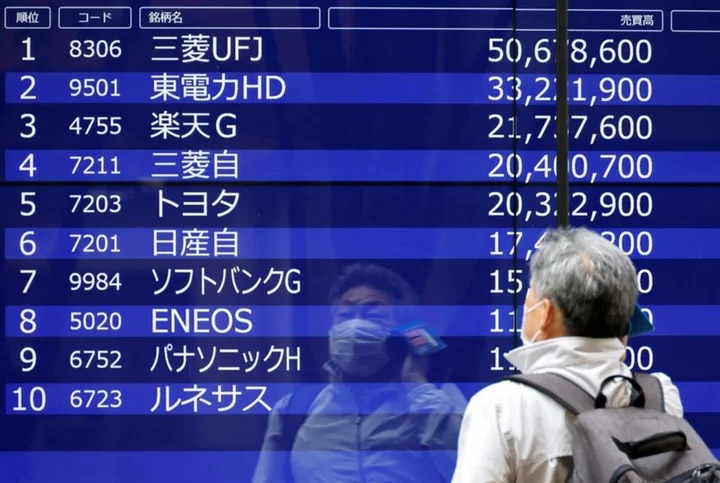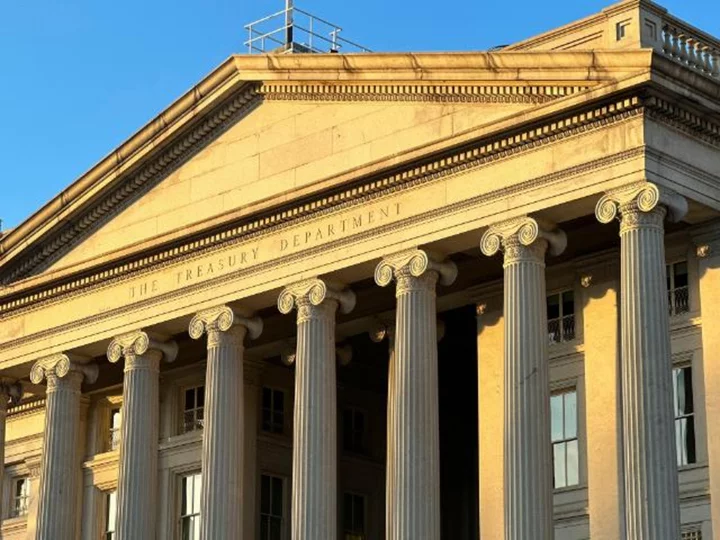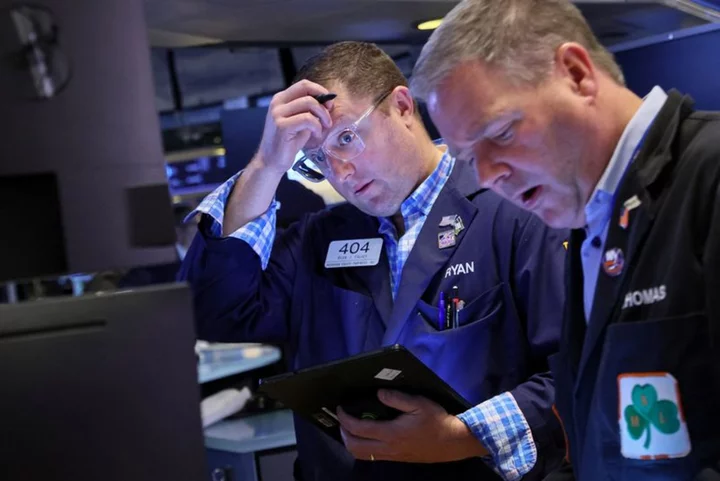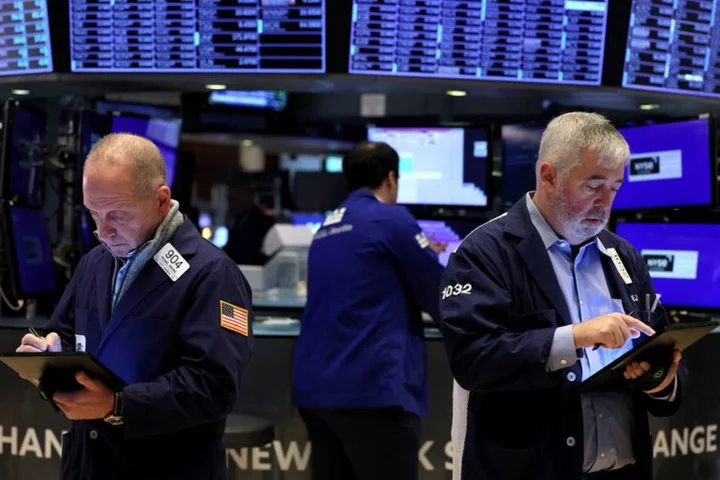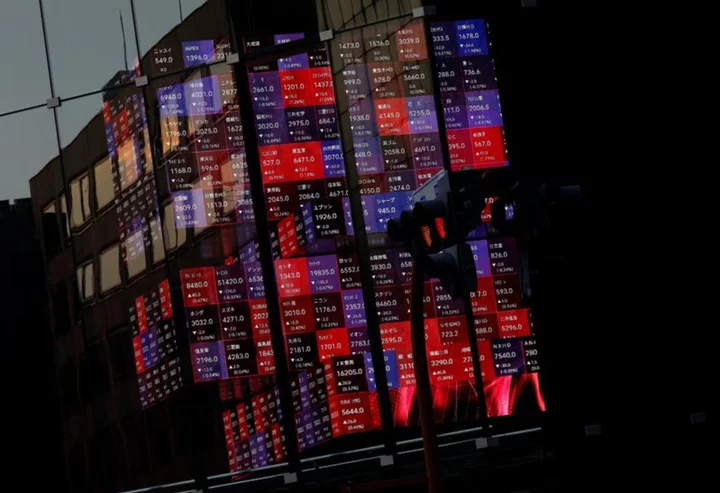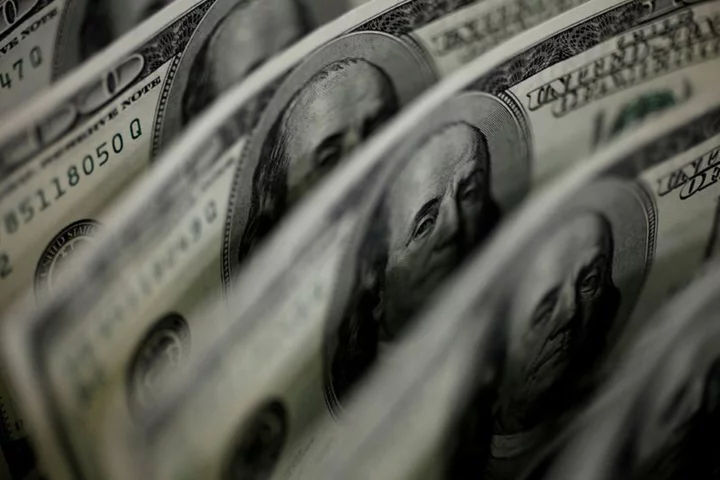Stocks in Hong Kong sank the most since early June after trading resumed following a Chinese holiday, as worries mounted on China's weak housing market, while investors were also concerned about persistently high US interest rates.
The Hang Seng Index was down 3% on Tuesday morning, as investors returned from a long holiday weekend. The index was on track for its worst day in three months and its lowest close since November.
The gauge is among the world's worst index performers this year, down more than 12%. Investors were gripped by worries about China's economic slowdown, a property market slump, and frictions between Beijing and Washington that have caught tech companies in the crosshairs.
Last week, Xu Jiayin, founder and chairman of Evergrande Group, was detained by Chinese authorities on suspicion of crimes, roiling markets and sparking fears the embattled property giant could face liquidation. A potential collapse of the firm could put global markets further on edge and pile pressure on Beijing to revive its troubled real estate sector.
On Tuesday, shares in Evergrande resumed trading after a three-day halt. They were up 16% to trade at 37 Hong Kong cents (4.7 US cents), only 1% of the value of its peak price in October 2017.
The stock of Evergrande Property Services also resumed trading, down 1.7% to 58 Hong Kong cents. The property services unit of Evergrande said in a filing Monday that its operations remain normal.
Trading in Evergrande New Energy Vehicle, the group's EV arm, remains suspended, pending the release of an announcement about "inside information," the firm said in a filing on Tuesday.
Other property developers plunged, weighing heavily on the market. Country Garden Services, the property services arm of Country Garden, was down 7.7%. Hong Kong real estate firm New World Development was down 7.2%.
The losses come after industry data showed China's 100 biggest developers are still struggling to recover from weak buyer demand.
Total property sales by the top 100 developers dropped 29% in September from a year ago, marking the fourth straight month of declines, according to data published by Shanghai-based research firm China Real Estate Information Corporation (CRIC) on Saturday. They represented a marginal improvement from August, though, which registered a 35% decline.
The marginal improvement was mainly thanks to Beijing's property support over the past month, Nomura analysts said in a research report Tuesday.
However, "continued policy relaxation should stabilize property sales, but is not enough to boost stock market sentiment," they added.
China has rolled out a series of stimulus measures to boost the country's ailing property market, including slashing mortgage rates and scrapping restrictions on home buying in Chinese cities.
Persistently high US rates?
The market sentiment was also weighed by concerns that US interest rates could stay elevated after US Treasury yields hit a 16-year high.
Yields on the 10-year US Treasury, which are considered a proxy for US interest rates, reached 4.7% on Monday, the highest since 2007.
"This yield surge reflects the market's response to messaging from the Federal Reserve, indicating the central bank's commitment to keeping borrowing costs elevated to combat inflation," said Stephen Innes, managing partner for SPI Asset Management.
In Asia-Pacific, Japan's Nikkei 225 dropped 1.3%, and Australia's S&P/ASX 200 lost 1.1%. Chinese and South Korean markets remained shut for public holidays.
In US pre-market trading, Dow futures were down 0.1%. Futures on the S&P 500 and Nasdaq also fell slightly. On Monday, the Dow Jones Industrial Average closed down 0.2%. The S&P 500 Index was flat, and the Nasdaq rose 0.7%.

